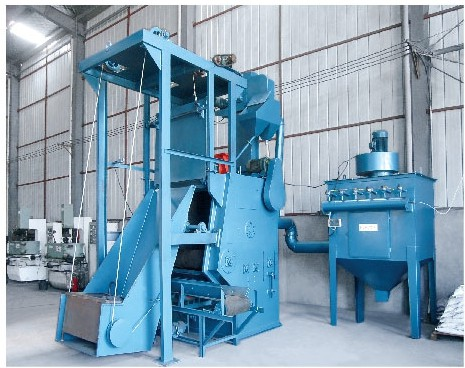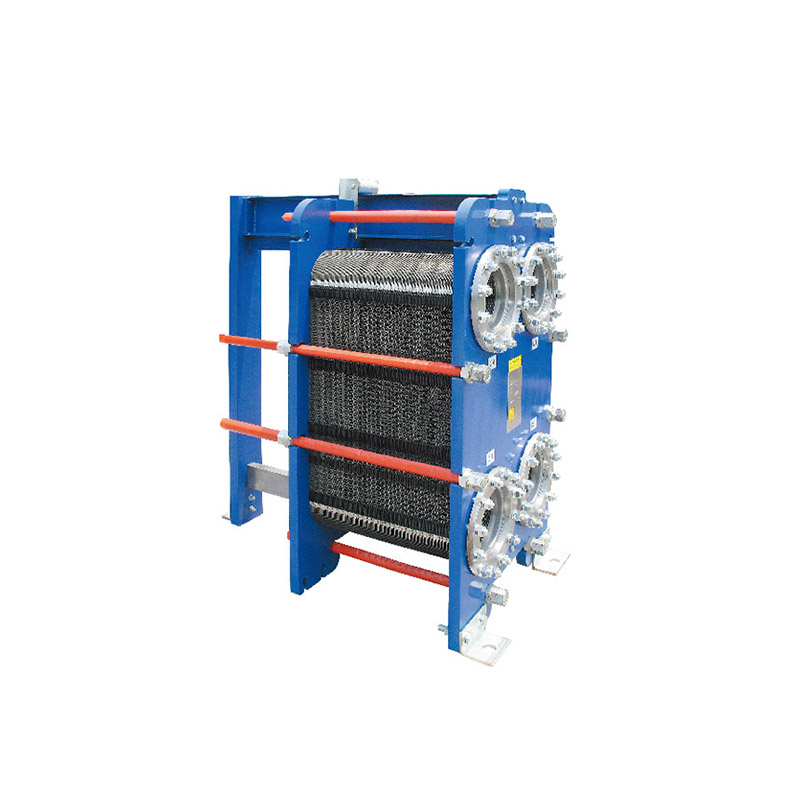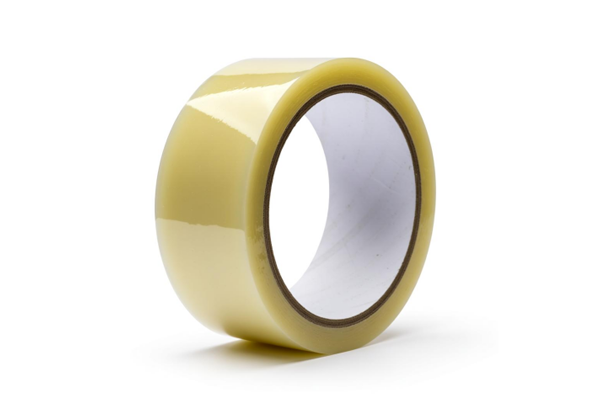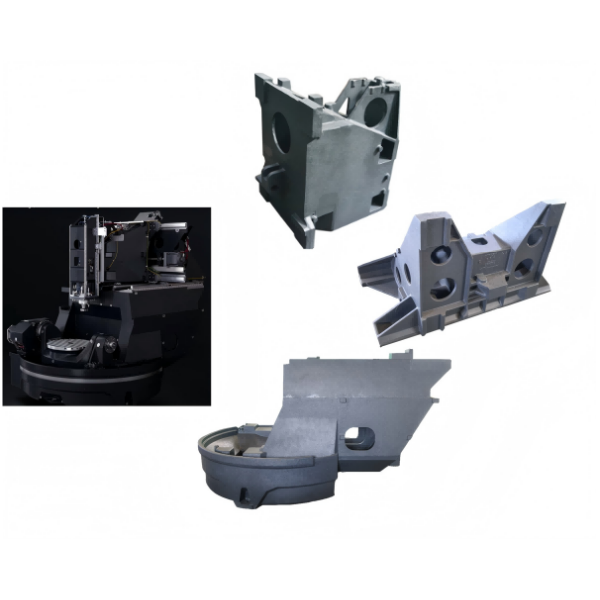In the realm of construction and manufacturing, the choice of materials plays a pivotal role in determining the strength and durability of the end product. Two commonly used materials, PVC sheet and plywood, often find themselves in the spotlight when it comes to comparing their strength. In this article, we will delve into the intricacies of these materials, exploring their properties, applications, and ultimately answering the question: Is PVC sheet stronger than plywood?
- Understanding PVC Sheet:
PVC, or polyvinyl chloride, is a versatile thermoplastic material known for its durability and resistance to impact, chemicals, and weathering. PVC sheets are manufactured through an extrusion process, resulting in a rigid, lightweight, and cost-effective material. Its strength lies in its ability to withstand harsh environmental conditions, making it suitable for both indoor and outdoor applications. - Exploring Plywood:
Plywood, on the other hand, is a composite material made from thin layers of wood veneer glued together with adjacent layers having their wood grain rotated by 90 degrees. This cross-grain construction enhances the strength and stability of plywood. It is renowned for its structural integrity, high load-bearing capacity, and resistance to warping or splitting. Plywood finds extensive use in construction, furniture, and various other industries. - Strength Comparison:
When it comes to sheer strength, plywood generally outperforms PVC sheets. The layered construction of plywood provides it with superior structural integrity, making it suitable for heavy-duty applications. However, it is important to note that PVC sheets excel in specific areas where plywood may fall short.
- Moisture Resistance: PVC sheets are inherently moisture-resistant, making them ideal for applications in damp or wet environments. Plywood, although treated for moisture resistance, can still be prone to damage if exposed to prolonged moisture.
- Chemical Resistance: PVC sheets exhibit excellent resistance to chemicals, acids, and alkalis, making them a preferred choice in industries where exposure to corrosive substances is common. Plywood, being a wood-based material, may not fare as well in such environments.
- Weight Considerations: PVC sheets are significantly lighter than plywood, making them easier to handle and transport. This advantage is particularly valuable in applications where weight reduction is crucial, such as in automotive or aerospace industries.
- Applications:
Both PVC sheets and plywood find extensive use in various industries, each catering to specific requirements.
- PVC Sheet Applications: PVC sheets are commonly used in signage, construction, electrical insulation, automotive interiors, and even healthcare settings due to their hygienic properties.
- Plywood Applications: Plywood is widely employed in construction, furniture manufacturing, flooring, packaging, and boat building, where its strength and stability are highly valued.
Conclusion:
In the battle of strength between PVC sheets and plywood, it is evident that plywood holds the upper hand in sheer strength and load-bearing capacity. However, PVC sheets offer unique advantages in terms of moisture and chemical resistance, as well as weight considerations. Ultimately, the choice between these materials depends on the specific application and the desired properties required. By understanding the strengths and weaknesses of each material, informed decisions can be made to ensure optimal performance and longevity in various industries.







+ There are no comments
Add yours